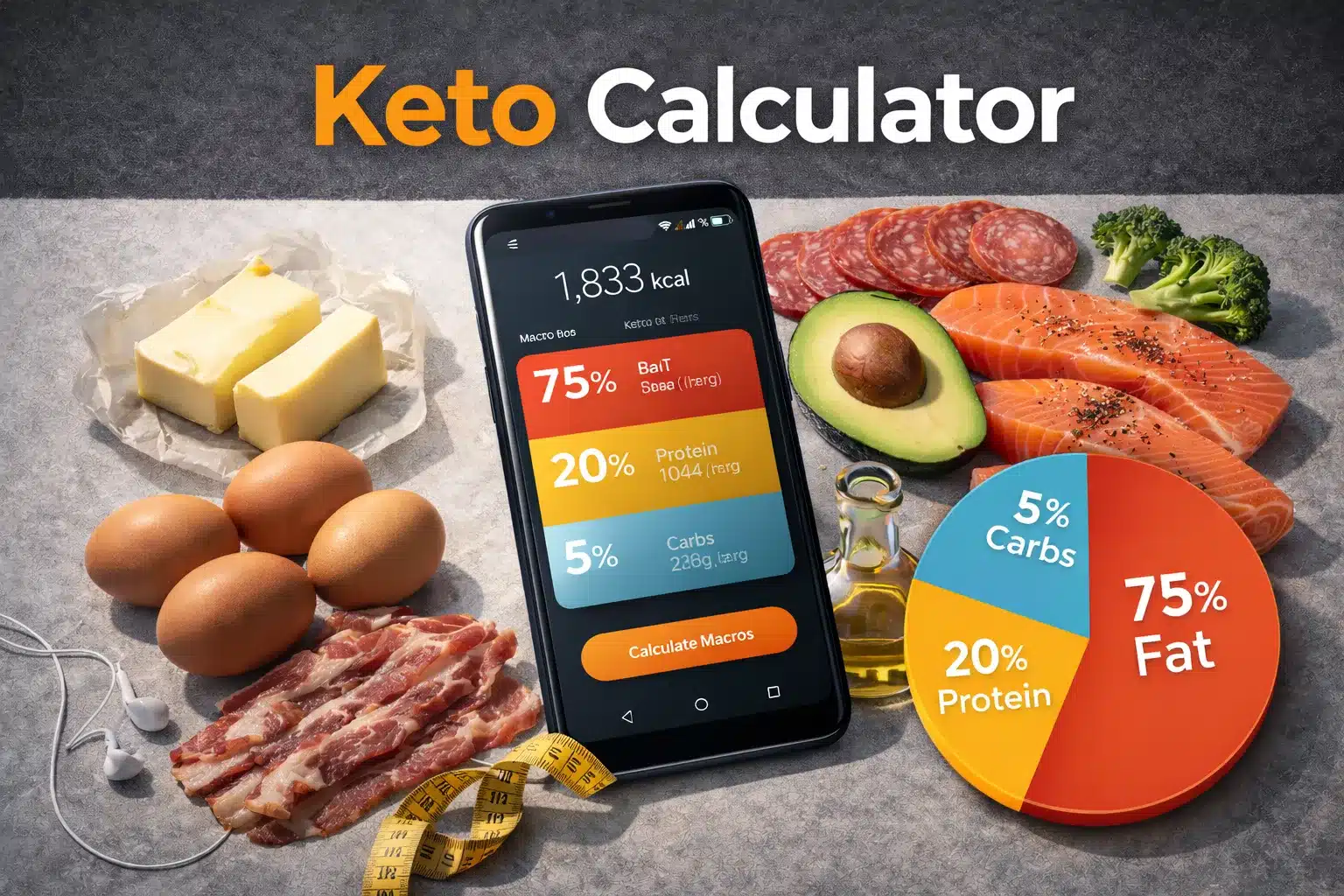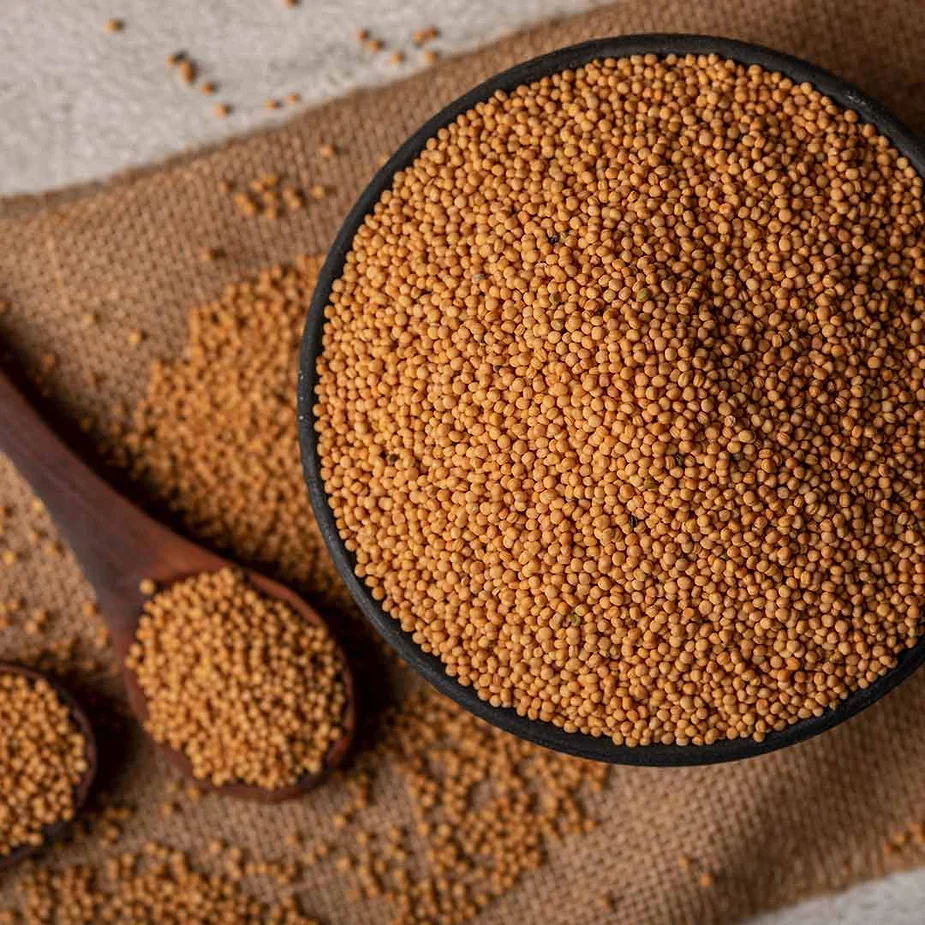The watermelon diet, a popular buzzword in the weight loss community, is a short-term nutritional plan centered around consuming primarily watermelon. Many individuals are turning to the watermelon diet for quick weight loss, as it promises rapid results through calorie restriction and hydration. However, it’s essential to approach this diet with caution and consider its potential drawbacks.
Nutritional Facts of Watermelon
Let’s take a closer look at the nutritional profile in 1 cup of watermelon (152 g) of watermelon:
Calories
Watermelon is relatively low in calories, with a typical serving size of one cup (about 152 grams) containing roughly 46 calories. It is primarily composed of water, with small amounts of carbohydrates, protein, and fat.
Vitamins
- Vitamin A (865 IU): Essential for eye health, vitamin A in watermelon helps maintain good vision and supports the immune system.
- Vitamin C (12.3 mg): Known for its immune-boosting properties, vitamin C in watermelon also aids in collagen production, which is vital for skin health.
- Vitamin B6: This vitamin plays a crucial role in brain development and function, helping in the production of serotonin and norepinephrine.
Minerals
- Potassium (170mg): Watermelon is a good source of potassium, which helps regulate fluid balance, muscle contractions, and nerve signals.
- Magnesium (15.2 mg): This mineral supports muscle and nerve function, blood sugar control, and blood pressure regulation.
Antioxidants
- Lycopene (6,890 micrograms): Watermelon is rich in lycopene, a powerful antioxidant that gives the fruit its red color. Lycopene is known for its potential to reduce the risk of certain cancers and heart disease.
- Beta-carotene: Another antioxidant present in watermelon, beta-carotene, converts to vitamin A in the body and is beneficial for eye health.
Sugar Content
Watermelon is relatively low in sugar compared to many other fruits. For instance:
- Watermelon: Approximately 6 grams of sugar per 100 grams.
- Bananas: About 12 grams of sugar per 100 grams.
- Grapes: Around 16 grams of sugar per 100 grams.

How Does the Watermelon Diet Work?
The watermelon diet primarily functions through caloric restriction. By drastically reducing calorie intake, the body enters a calorie deficit, potentially leading to weight loss. Studies have shown that consuming watermelon can lead to reduced body weight and lower blood pressure, while also enhancing blood lipid profiles and boosting antioxidant levels. However, it’s crucial to understand that rapid weight loss often involves water loss rather than fat loss.
Additionally, some proponents of the watermelon diet believe in its detoxifying properties, suggesting that it can help eliminate toxins from the body. While watermelon does contain antioxidants, there’s limited scientific evidence to support its potent detoxifying abilities.
Popular Variations of the Watermelon Diet
There are several variations of the watermelon diet that cater to different preferences and goals. Each variation offers unique benefits and levels of restriction. Here are some of the most popular ones:
1. Watermelon-Only Detox (Rapid Cleanse)
This watermelon detox diet is the most extreme version, where individuals consume only watermelon for 3 to 5 days. It’s often promoted as a natural body cleanse to flush out toxins and aid rapid weight loss. While this method can lead to temporary water weight reduction, it lacks essential nutrients and may cause fatigue, muscle loss, and blood sugar fluctuations, making it unsuitable for long-term use.
2. Watermelon Cleanse (Hydration-Based Detox)
Similar to a fruit detox cleanse, this variation involves consuming watermelon and fresh watermelon juice for a few days. Some versions include low-calorie fruits and vegetables to maintain electrolyte balance while still supporting gut health and digestion. This method is commonly used for reducing bloating, improving hydration, and supporting kidney function due to the high water content and diuretic properties of watermelon.
3. Modified Watermelon Diet (Sustainable Weight Loss Plan)
This flexible weight loss plan incorporates watermelon as a primary meal component rather than the sole food source. For example, one might eat watermelon for breakfast and lunch, followed by a high-protein, fiber-rich dinner. This variation helps with caloric control, hydration, and metabolism support, making it a sustainable approach to fat loss. The high water and fiber content aid appetite suppression, while its natural sugars provide an energy boost without excessive calorie intake.
Watermelon Health Benefits
While the watermelon diet is popular for weight loss, the benefits of watermelon extend far beyond the scale. Incorporating this fruit into your daily diet can provide several health advantages:
Hydration
With over 90% water content, watermelon is one of the best fruits for staying hydrated. Proper hydration is crucial for maintaining bodily functions, regulating body temperature, and supporting overall health. Eating watermelon can help you meet your daily fluid intake needs, especially in hot weather.
Improved Circulation
Research published stated that watermelon contains the amino acid citrulline, which may improve blood flow and reduce blood pressure. Citrulline helps relax and dilate blood vessels, enhancing circulation and cardiovascular health. Improved blood flow can also aid in muscle recovery and reduce muscle soreness after exercise.
Skin Health
The vitamins and antioxidants in watermelon, such as vitamins A and C, play a significant role in skin health. Vitamin C aids in collagen production, which helps keep your skin firm and youthful. Lycopene and beta-carotene protect your skin from damage caused by UV rays and promote a healthy complexion.
Weighing the Pros and Cons: The Watermelon Diet’s Impact on Weight Loss & Detoxification
The watermelon diet for weight loss has gained popularity due to its low-calorie, high-water content, which makes it an attractive option for those looking for rapid fat loss and detox benefits. However, its long-term effectiveness and nutritional balance remain a concern.
Appetite Suppression & Hydration Benefits
🍉 High-Water Content for Satiety
Watermelon is composed of over 90% water, making it incredibly filling while being low in calories. This helps with natural appetite suppression, reducing overall calorie intake while keeping the body hydrated.
🍉 Curbing Sugar Cravings
The natural sugars in watermelon can satisfy sweet cravings, potentially preventing binge eating and reducing processed sugar consumption, which is essential for balanced blood sugar levels.
Diuretic & Detox Effects
💧 Watermelon as a Natural Diuretic
This diet promotes diuresis (increased urine production), flushing out excess fluids, sodium, and toxins. This effect leads to temporary weight loss from reduced water retention, making the body appear leaner and less bloated.
💧 Kidney & Digestive Health Support
Watermelon contains citrulline, an amino acid that aids kidney function, helping the body eliminate toxins efficiently. Additionally, its fiber content supports healthy digestion and gut health.
Risks & Drawbacks of the Watermelon Diet
⚠️ Nutrient Deficiencies & Muscle Loss
A one-food diet lacks protein, healthy fats, and essential micronutrients, which are crucial for muscle maintenance, energy levels, and metabolic function. Long-term adherence may lead to muscle loss, fatigue, and weakened immunity.
⚠️ The Yo-Yo Effect: Temporary Weight Loss
Since this is a highly restrictive detox diet, the weight loss achieved is mostly water weight, not fat loss. Once normal eating resumes, rapid weight regain is common, making it unsustainable for long-term weight management.
⚠️ Potential for Disordered Eating
Highly restrictive diets like the watermelon cleanse can lead to unhealthy eating patterns, including binge eating, obsessive food avoidance, and emotional distress around food. A balanced, whole-food approach to weight loss is generally more effective for sustainable results.
Suitability of the Watermelon Diet for Different Body Types
When considering any diet, it’s essential to understand that individual needs and responses to dietary changes can vary significantly. Here’s a look at how the watermelon diet may suit different body types:
Ectomorphs
Ectomorphs, characterized by a lean and slender body type with a fast metabolism, may find the watermelon diet challenging due to its low-calorie nature. This body type often requires more calories and protein to maintain muscle mass and energy levels. Ectomorphs might struggle to get enough calories and nutrients from watermelon alone, making this diet less suitable for their needs.
Mesomorphs
Mesomorphs, who typically have a more muscular and athletic build, might benefit from the watermelon diet in the short term for quick weight loss or detoxification. However, mesomorphs also require adequate protein to maintain their muscle mass. A modified version of the watermelon diet that includes high-protein foods might be more appropriate for this body type.
Endomorphs
Endomorphs, characterized by a higher percentage of body fat and a slower metabolism, might find the watermelon diet effective for rapid weight loss initially. The diuretic and appetite-suppressing properties of watermelon can help endomorphs reduce calorie intake and shed water weight quickly. However, long-term success for endomorphs will depend on transitioning to a balanced and sustainable diet to avoid the yo-yo effect and support metabolic health.
Frequently Asked Questions
Can you lose weight eating only watermelon?
While it’s possible to lose weight initially due to the low calorie intake, relying solely on watermelon for sustenance is not sustainable or healthy in the long term. A balanced diet providing essential nutrients is crucial for overall well-being and weight management.
How long can you safely follow the watermelon diet?
The watermelon diet is typically a short-term plan, lasting a few days to a week. Prolonged consumption of only watermelon can lead to nutrient deficiencies and other health issues. It’s essential to reintroduce other foods gradually after the diet.
Is watermelon diet safe for everyone?
The watermelon diet is not recommended for everyone. Individuals with diabetes, kidney disease, or other medical conditions should consult their healthcare provider before attempting this or any restrictive diet. Pregnant and breastfeeding women should also avoid it.
How to prevent nutrient deficiencies on the watermelon diet?
To minimize the risk of nutrient deficiencies, ensure you reintroduce a variety of foods rich in protein, carbohydrates, and healthy fats after completing the watermelon diet. Prioritize nutrient-dense options like lean meats, whole grains, and healthy fats to support overall health.
Conclusion
The watermelon diet can offer quick weight loss and detox benefits; however, it’s crucial to approach it with caution. Therefore, by understanding the potential risks and how to prevent nutrient deficiencies, you can make more informed decisions about whether this diet is right for you. Additionally, remember that consulting with a healthcare professional is always recommended before starting any new diet plan. For sustainable weight loss and overall health, consider incorporating watermelon into a balanced diet and maintaining regular exercise.












